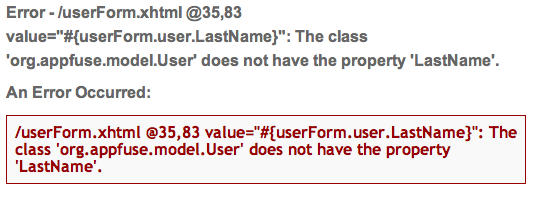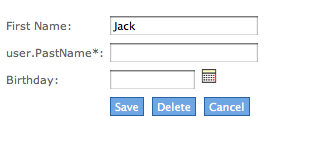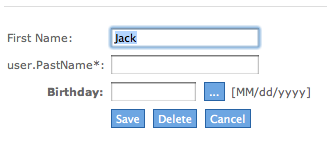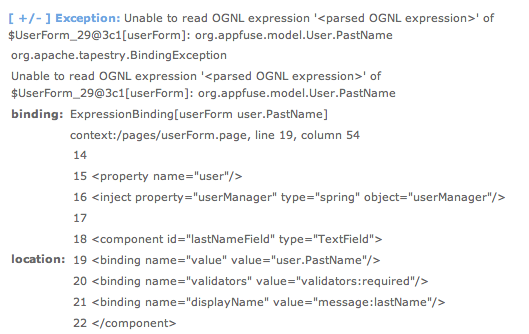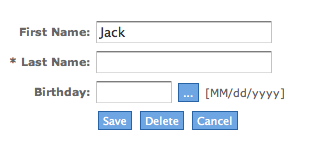Don Brown spent some time over the weekend Making Maven 2 not suck:
While there are a few (very important, I might add) things Maven 2 gets right, there are a bunch that just suck, yet I use it at my day job (Atlassian) and in Open Source work, so in true Open Source tradition, rather than continue bitching, I'm doing something about it. I'm embarking on a quest to fix all the bits of Maven 2 that really annoy me and waste my time. I hope to get most, if not all, of the changes back into the codebase, but my personal deliverable is a build of Maven 2 that doesn't suck.
On his blog, Don lists a number of improvements he hopes to make. This weekend, he implemented the first three, which concentrates on speeding up remote repository access and downloading of artifacts.
First up, tasks #1-3. I implemented these changes in a bored Sunday afternoon and saw a example build (Struts 2 core) go from 3 minutes, 26 seconds to 2 minutes even, so a little over 40% performance improvement.
Interested, I decided to try Don's improvements on AppFuse. Since it fetches seemingly hundreds of artifacts from Maven's central repository, it seemed like a good testing ground. With a clean repository (rm -r ~/.m2/repository), a 8 MB/sec internet connection and "mvn -Dmaven.test.skip", I achieved the following results with the stock version of Maven 2.0.8:
[INFO] Total time: 7 minutes 40 seconds
[INFO] Finished at: Mon Jan 28 09:02:11 MST 2008
[INFO] Final Memory: 55M/508M
With Don's improved uber-jar, I received the following results:
[INFO] Total time: 5 minutes 17 seconds
[INFO] Finished at: Mon Jan 28 09:10:56 MST 2008
[INFO] Final Memory: 56M/508M
460 vs. 317 seconds = a 31.1% improvement -- Nice work Don!
When he implements #4 (Should support artifacts checked into the SCM in the lib/ directory so no external repository needed), I'll be a much happier Maven consumer. I've always wanted the ability to bundle all of AppFuse's dependencies for offline use like we did in 1.9.x.
Don - I'll buy you numerous beverages in Vegas if you add the ability to run a Maven command to put all a project's dependencies in its lib directory too. 




